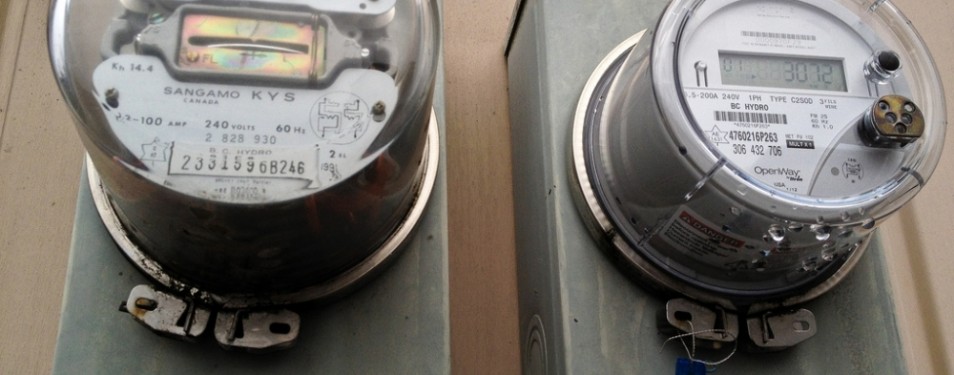While most people would not be so easily swayed to believe they are past due on their credit card bills, the uncertainty of how to read monthly electricity use (KwH) makes it common for discrepancies to go unnoticed. Over the last month there have been dozens of reports where scammers have been targeting small business and homeowners, claiming they have late, overpaid or unpaid utility bills.
In most instances in cities like Montgomery, Alabama and Eau Claire, Wisconsin, consumers receive phone calls or knocks on their door from people impersonating utility representatives stating if they do not make immediate payments their services will be shut off.
“In order to avoid an interruption of service, the caller instructs the customer to go to a local retail store and purchase a pre-paid bank card for a certain amount. Customers then must call a particular phone number and provide the numeric codes from that bank card.”
– Dixie Electric
Unlike credit cards bills and bank statements which provide details for every transaction, utility costs vary not only by season, but day and time of day. Readings are provided in a lump sum at the end of the billing cycle, making it nearly impossible to differentiate electric costs and consumption other than comparing bills from one month to the next.
The hard pressed situation here is that because modern day society depends on electricity, consumers have conditioned themselves to expect a figure from their service provider despite understanding how the figure is formed.
City of Toronto fixed rates:
http://www.ontario-hydro.com/index.php?page=current_rates
Do you as a restaurant owner, homeowner or small business owner understand why your electricity bills are the way they are? If a storm disrupts the meters which track your electricity use, how would you justify the costs? If you’re not mindful of off-peak and on-peak hours how do you process your monthly statements? These are the loopholes in which scam artists find their prey. More specific demographics include the elderly and immigrant families where English is not the first language. Anyone who thinks they’ve been a victim or a potential victim of utility scams should report the information to their local authorities.
If you want to find out how to make sense of your utility bills visit Eyedro.com
